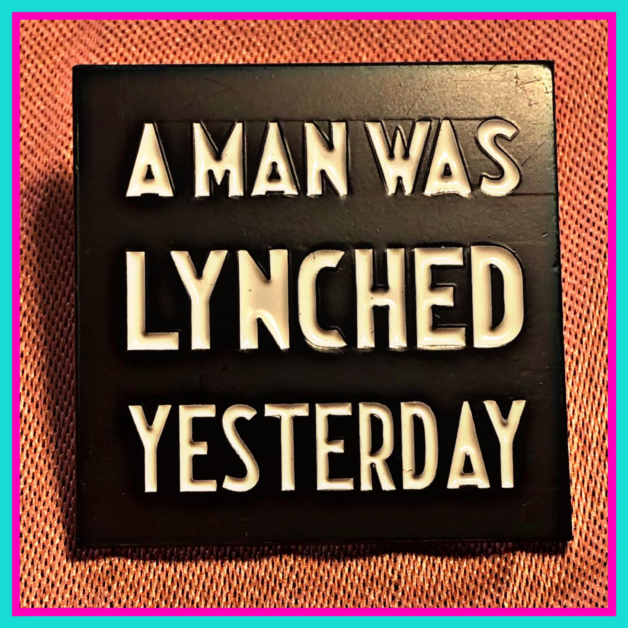
The execution of Marcellus Williams stands as a chilling reminder of the deep flaws embedded in America’s criminal justice system, particularly in capital punishment. Missouri’s decision to proceed with Williams’ lethal injection, despite overwhelming evidence of his innocence, highlights a systemic disregard for truth and human life that should alarm us all.
For years, Williams maintained his innocence in the 1998 murder of Leisa Gale, a crime for which no DNA evidence ever linked him. In fact, DNA testing on the murder weapon did not match Williams at all. And yet, the state of Missouri moved forward with his execution, ignoring the most basic principles of justice. This wasn’t just a technicality or an oversight—it was a conscious decision made by officials who knew there were grave doubts about Williams’ guilt.
The prosecutors who originally tried the case against Williams had already renounced their conviction. Jurors who had sent him to death row voiced their opposition to his execution. Even the family of the victim, Leisa Gale, opposed taking Williams’ life. Yet, all of these voices were drowned out by the state’s unrelenting push for punishment, as if their thirst for retribution outweighed any concern for getting it right.
This is not justice. This is cruelty.
Governor Mike Parson, who disbanded a board set up to review Williams’ case, bears a heavy responsibility for what happened. By disregarding the clear evidence of wrongful conviction, Parson and the state of Missouri sent a clear message: when it comes to capital punishment, we value the act of execution more than we value truth.
What’s even more appalling is that Williams’ case isn’t unique. Since 1973, over 190 people have been exonerated and released from death row after new evidence, such as DNA testing, proved their innocence or exposed significant flaws in their trials. For each person proven innocent after years of legal battles, how many more have been executed without justice ever being served?
The execution of Marcellus Williams is an indictment of Missouri’s legal system and the death penalty as a whole. It demonstrates that the death penalty, far from being a tool of justice, is instead a mechanism through which the state can perpetuate injustice. Williams’ case was riddled with doubt, and yet, the state killed him anyway, just because they could.
This should not sit well with any of us. Capital punishment, with all its finality and irreversible consequences, requires a level of certainty that the system has shown time and again it cannot achieve. When the state knowingly risks executing an innocent person, it crosses a line that no civilized society should ever tolerate.
As long as the death penalty remains a fixture of American justice, we will continue to see cases like Marcellus Williams’. Innocent lives will be lost, families will be shattered, and the trust we place in the justice system will be further eroded.
It’s time for Missouri, and the United States as a whole, to reckon with the failure of capital punishment. The state may have executed Marcellus Williams, but his story will live on as a tragic testament to the grave consequences of a broken system.
We must not allow this to happen again.
For more, go to: https://www.amnesty.org/en/what-we-do/death-penalty/
